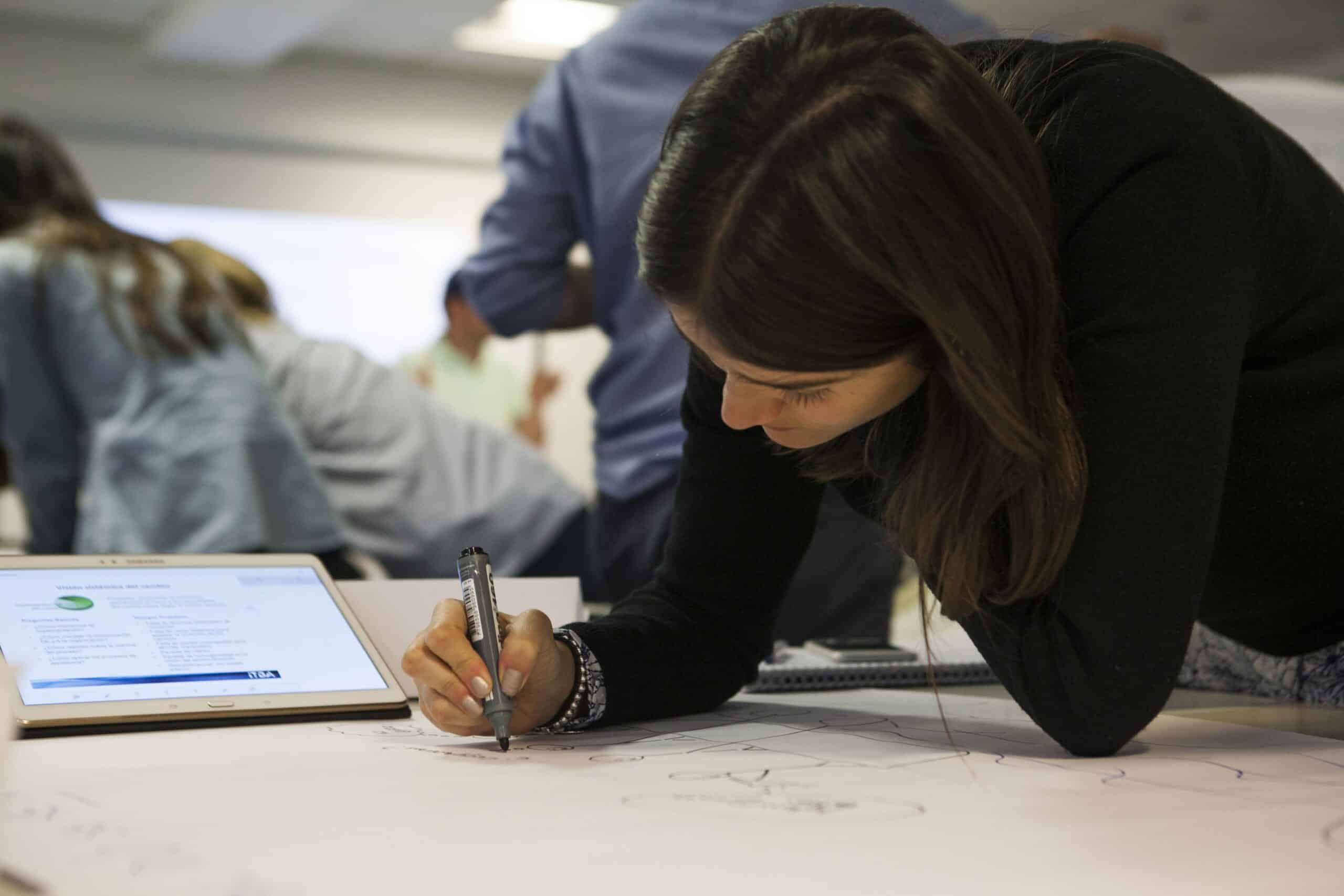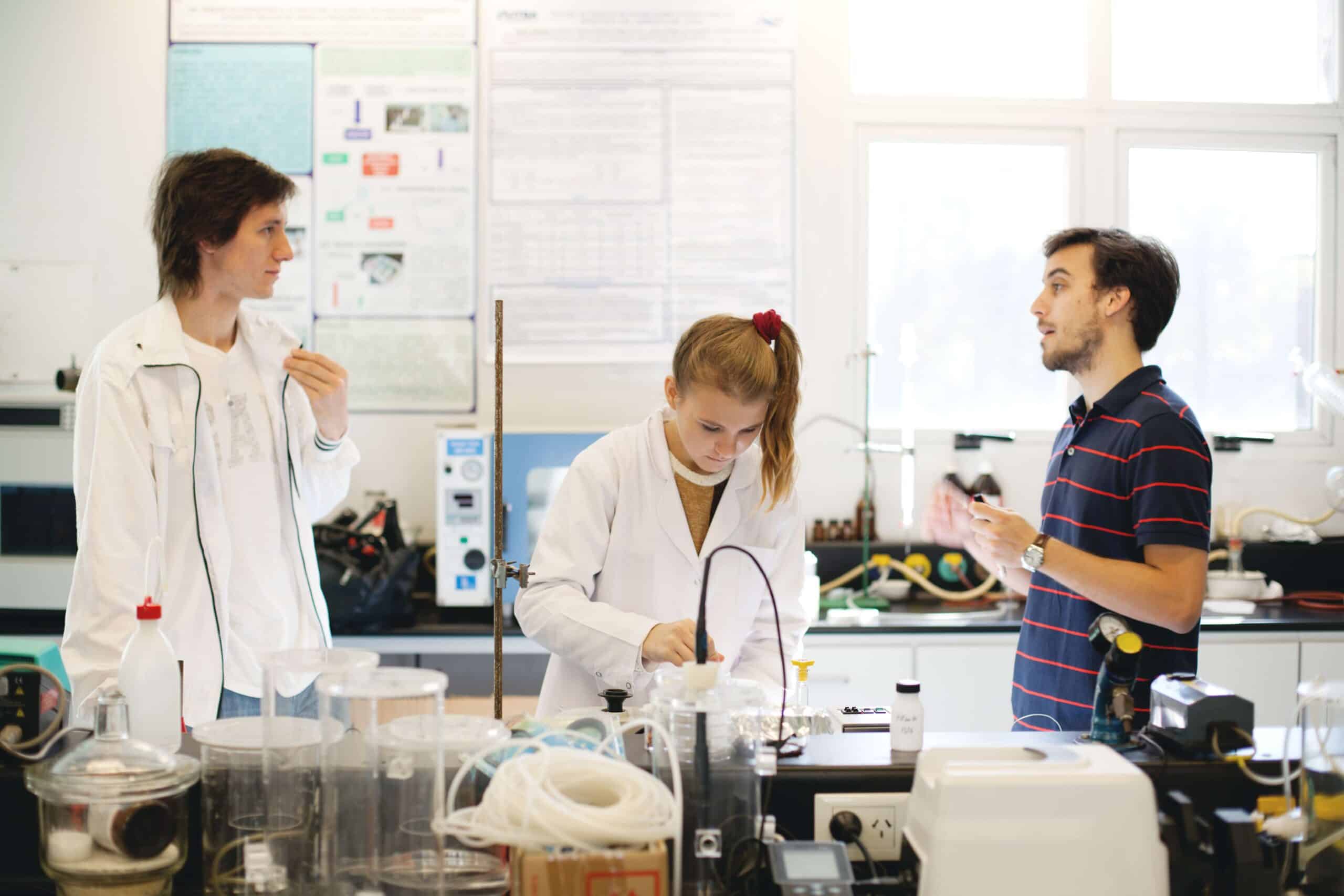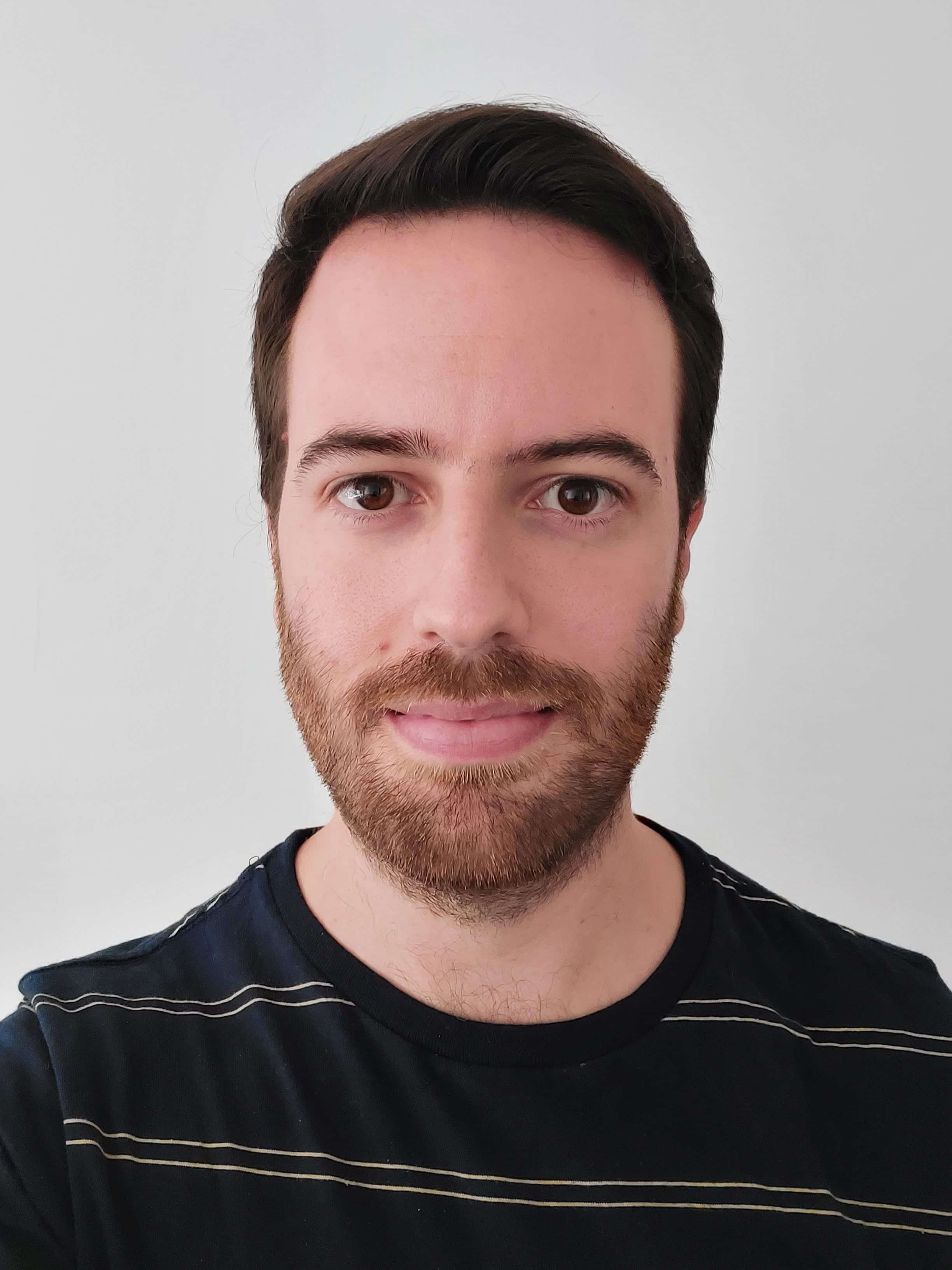Chemical
Engineering
What does a Chemical Engineer do?
Chemical Engineers develop comprehensive projects involving physical, chemical, and biological transformations applied to industrial processes. Their training includes the safety and protection of the environment.
These professionals may work in the planning and development of processes and manufacturing products for the chemical industry and related areas.



First-class infrastructure to foster your education
Our campuses are designed to provide the best university training. We also have centers and laboratories to promote the day-to-day implementation of knowledge as a differential value.

“This University is my second home. I am very grateful for the tools it has given me”.

Sofía Giampaoli
Chemical Engineer graduated from ITBA
She is the founder and CEO of Granja Celular, the first South American startup that develops cell-cultured meat, breeding cells instead of animals.
JOINING THE LABOR MARKET
Learn more about the opportunities we offer

ITBA is one of the universities that trains professionals with the highest integration to the labor market: our graduates occupy key roles in national and international companies with global impact.
More than 90% of our students complete at least one internship during their course thanks to the 500 current agreements that the university has with leading companies.
We have constant opportunities to join the labor market during the educational experience. We offer:

Recruitba
An innovative recruitment program that guarantees job interviews to all participating students.
Itbanet
An exclusive employability platform for students, graduates, and companies.
ITBA has a scholarship program for those students who require financial support.






HEAD OF DEPARTMENT
Dr. Juan Martín Maffi
ITBA global
In a global context, the university aims to be the gateway to a world full of different international experiences.
We have bilateral agreements with the best universities around the world.

Erasmus+ and Santander provide scholarships and semester exchanges to study abroad.

International networking activities like 100 k LATAM, SABF, and Tech Trek

Multicultural experiences inside and outside the classroom

Volunteering to advise and support foreign students
ITBA global
In a global context, the university aims to be the gateway to a world full of different international experiences.
We have bilateral agreements with the best universities around the world.

Erasmus+ and Santander provide scholarships and semester exchanges to study abroad.

Multicultural experiences inside and outside the classroom

International networking activities like 100 k LATAM, SABF, and Tech Trek

Volunteering to advise and support foreign students
If you are here is because you are interested in this course, learn about others you might also like.
Bioingeniería
Petroleum
ENGINEERING
Mechanical
ENGINEERING
Frequent asked questions

Does the university have any student loans, scholarships, or financial aid system?
Yes, we have a scholarship program for those students who need financial support and can demonstrate academic commitment and vocation. Currently, 29% of our students receive some form of financial aid. More information on SCHOLARSHIPS here.
What level of English do I need for undergraduate courses?
The level required depends on the course you choose Find out about the level of English required to study Engineering Find out about the level of English required to study a Bachelor. We have an agreement with ICANA to verify the students’ level of English.
Can I participate in an internship or a professional practice while studying an undergraduate course?
Yes, we offer an internship program that allows undergraduates to take their first steps in the business world during their last two years of study. We also have agreements and business alliances with leading companies that provide ongoing employment opportunities for students and graduates.
Do you have laboratories and workshops?
We have highly equipped laboratories, workshops, and centers where we carry out practices and research projects in Industrial Engineering, Mechanical Engineering, Bioengineering, Computer Engineering, Chemical Engineering, Petroleum Engineering, and Electronic Engineering. Take a look!
How much do undergraduate courses cost?
The cost of the courses is calculated by adding up the number of credits from the subjects in each cycle.
To find out the cost of your course, contact us at informes@itba.edu.ar












